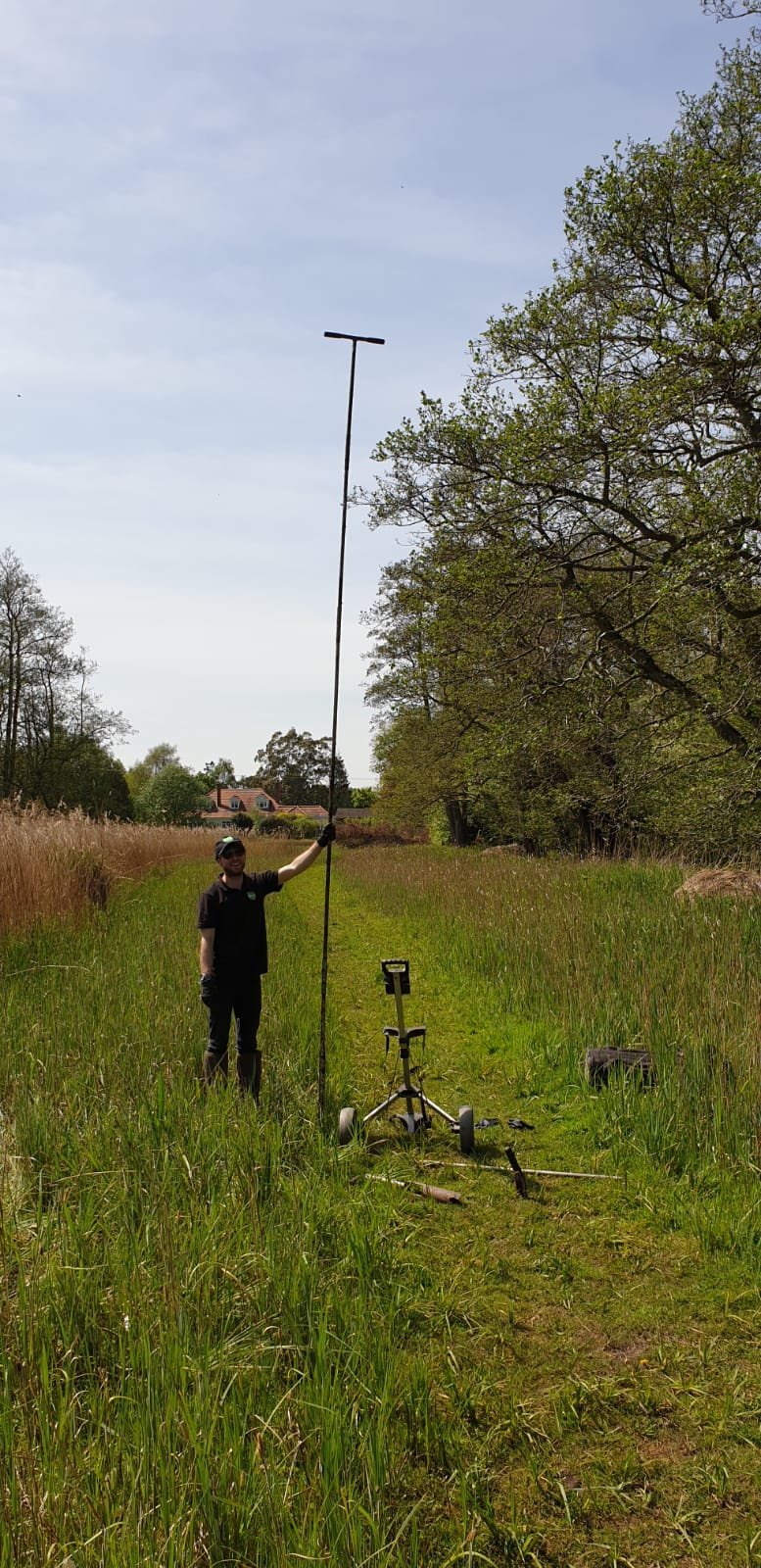Peatland Surveys
Peatland surveys are a vital part of the Peatland Code: a voluntary certification standard for UK peatland projects wishing to market the climate benefits of peatland restoration.
The Peatland Code is the only UK Government-backed standard way to measure, validate and verify peatland carbon units in the UK. If you are a landowner, Exo Environmental can conduct peatland surveys which can determine peat coverage. This will ensure that the peat present is of eligible depth and confirm the pre-restoration (baseline) peatland condition, ultimately determining eligibility for the Peatland Code.
Here at Exo Environmental, we have extensive experience in conducting peat cores and other surveys associated with peatland restoration. We have conducted peatland surveys across numerous peatland areas for the Fens East Peatland Partnership (FEPP) project, as well as on behalf of Natural England, the Broads Authority and various wildlife trusts.
-
In March 2023, Exo Environmental completed a report funded by the Broads Authority as part of the Nature for Climate Peatland Grant Scheme (NCPGS). This project aims to increase adaptability to climate change and respond to the biodiversity crisis by overcoming the barriers to peatland restoration, with our report specifically investigating the extent of peat within the Broads study site.
After reviewing historical and contemporary literature covering its formation and extent, Exo conducted extensive peat surveying of 14 sites within the Broads with 4 major sample areas surveyed at Beccles Farm, Buckenham, Heckingham and Horsey. The process of surveying firstly began with establishing the sample area and planning out a 100m grid of coring locations.
A fully equipped team was then sent to the site area to carry out peat coring. The process uses hand augers to extract 20cm wide cores to a depth of 1m below ground or to the bottom of the peat if any is found. A deep core of up to 3m is taken at each site to get a better understanding of the underlying geology in the area.
Using the Von Post Scale to classify the peat, Exo was able to provide a detailed analysis of the health and extent of the peat in these areas, adding to the existing peat data set and providing information which will prove vital in the plans for restoration of the historic peatland found throughout Broads.
Exo also conduct additional surveys relating to peatland restoration, including topographic assessments, water table and water quality investigations.
While most of our analysis is conducted in the field, we can make use of laboratory testing to identify the total organic content of soil. Other parameters can also be determined such as carbon content and particle size distribution.



